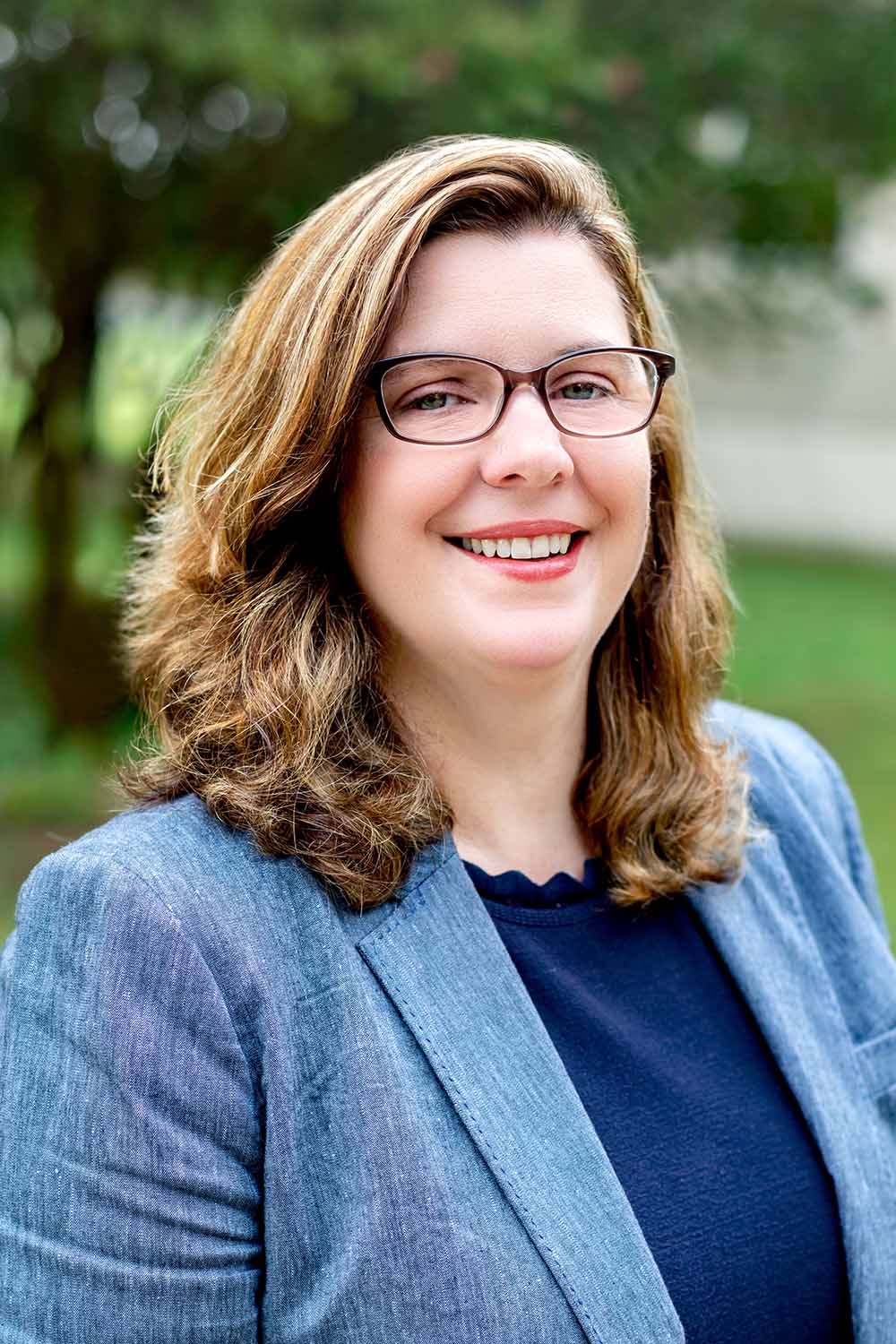University of Texas at Dallas: Team Engages in Quality-of-Life Project Exploring Public Services in DFW Area
University of Texas at Dallas researchers in the School of Economic, Political and Policy Sciences (EPPS) will lead a new quality-of-life project intended to help inform public policy with everyday perspectives and to improve lives for families in the Dallas-Fort Worth area.
A survey, to be conducted annually beginning in May to coincide with local elections, will form the centerpiece of the project, which is designed to produce high-quality data that will help community leaders better understand the demand, supply and consumption of public services.

“The survey project will identify areas of improvement and pride in regional quality of life, highlight areas of contradiction where there is a mismatch of perception and objective indicators, and provide multiple opportunities for our students to work on a high profile, policy-salient project,” said Dr. Jennifer Holmes, EPPS dean and the Lloyd V. Berkner Professor of political science and of public policy and political economy.
Addressing the gaps between a community’s perceptions and the reality about public services is an important factor in the quality of life of its citizens, said William C. Short, who served on the EPPS council for New Dimensions: The Campaign for UT Dallas. Short, for whom the survey is named, is a key supporter of the project.
“Researchers have designed the project to determine what the population believes about access to safety, education and health care,” said Short, who is executive chairman and CEO of A.E. Perkins Holdings Group. “Then they will be able to contrast that with the facts of the situation and see if there’s a gap and where improvement is needed.”

The survey will be conducted using a web-based tool and will be sent to about 3,000 residents in five geographic areas within the metroplex. It will consist of 85 to 90 questions divided into four categories: life satisfaction, chances and opportunities, civic engagement and mobility, and a pressing topics section, which will vary by geographic area.
The team at the UT Dallas Institute for Urban Policy Research, led by director Dr. Timothy Bray, will compile survey results into web-based dashboards that will be available to the public. Some of the institute’s previous work has included projects focusing on children’s health care, domestic violence and COVID-19.
“Community leaders are looking for information to guide their decisions — about economic development, education, public safety and myriad other policy areas. The annual survey will be a cornerstone of the larger effort to bring decision-makers the actionable information they need to shape the most dynamic region in the country,” Bray said.
The quality-of-life project team, consisting of Bray, professor of practice of public policy and political economy; Dr. Karl Ho, professor of instruction in political science; and Dr. Marianne Stewart, professor of political science, will work with graduate and undergraduate students to produce an in-depth annual report detailing the results of the survey. Dr. Curtis Bram, assistant professor of political science, rounds out the project team with his expertise in survey design and development. In future years, the report will include analyses of changes over time.

